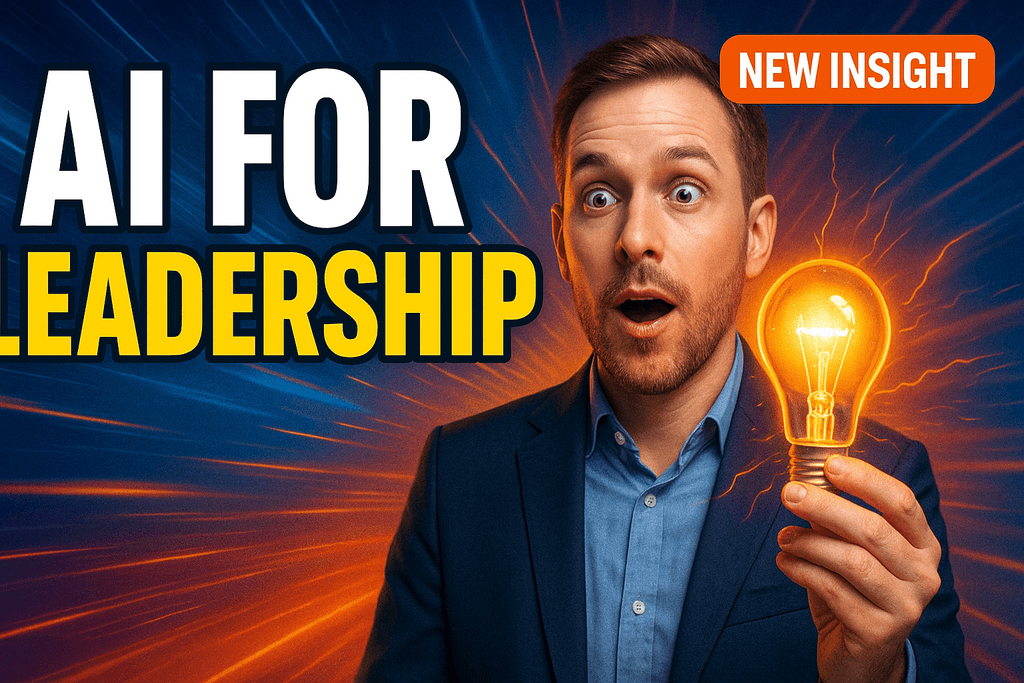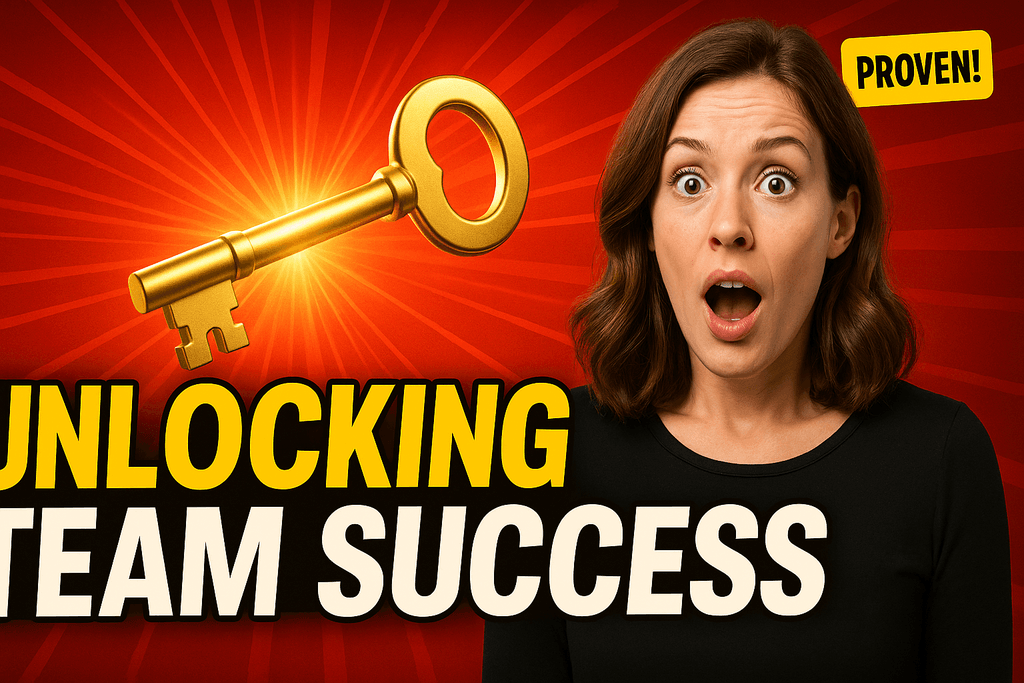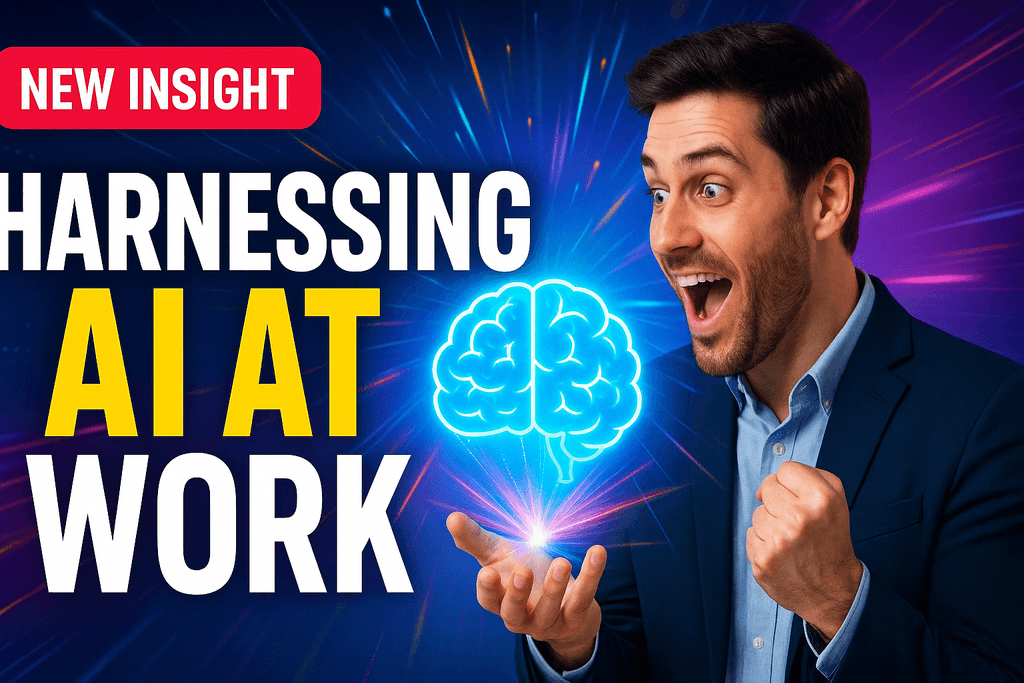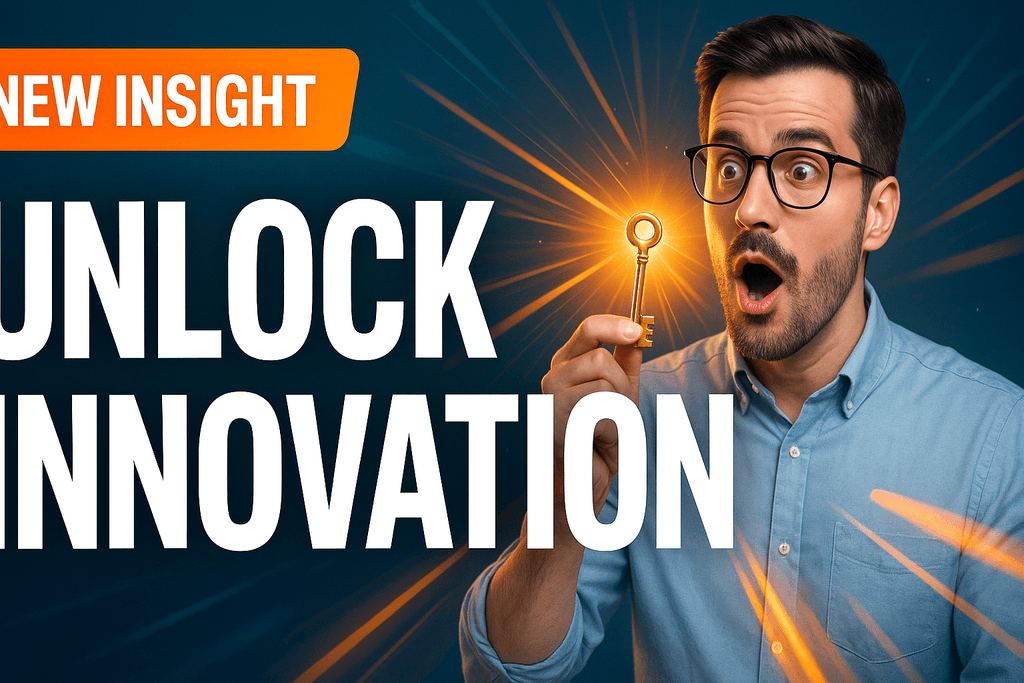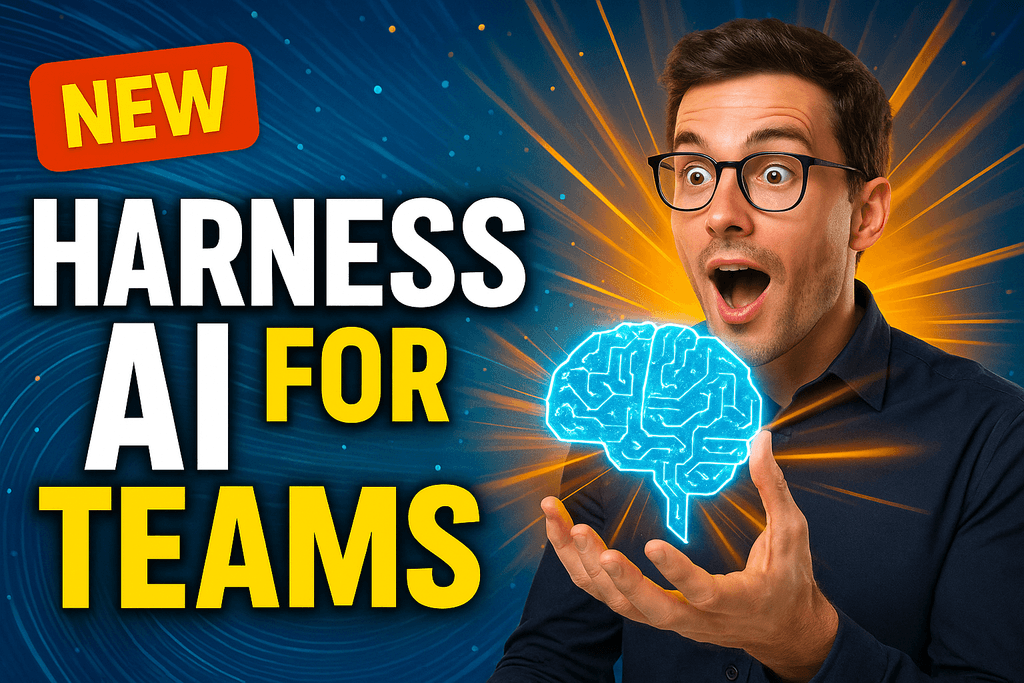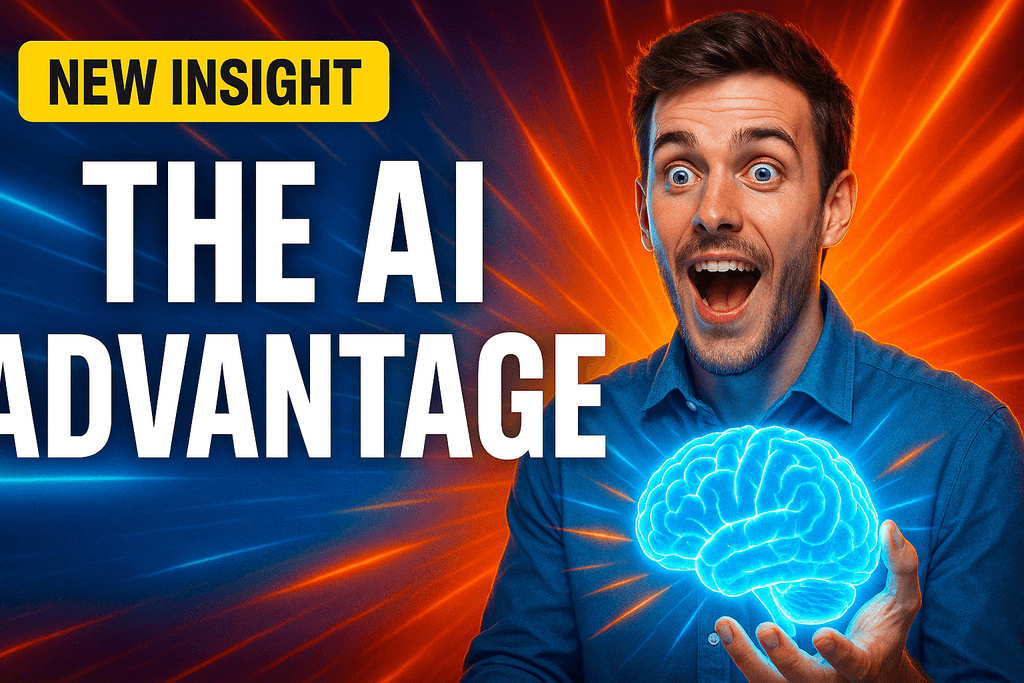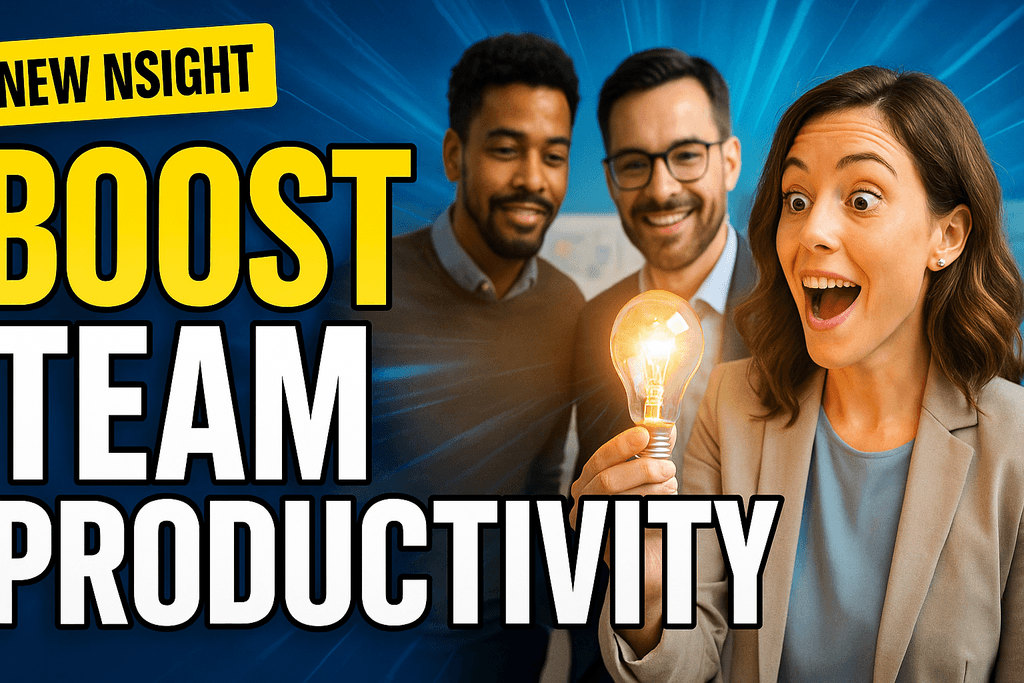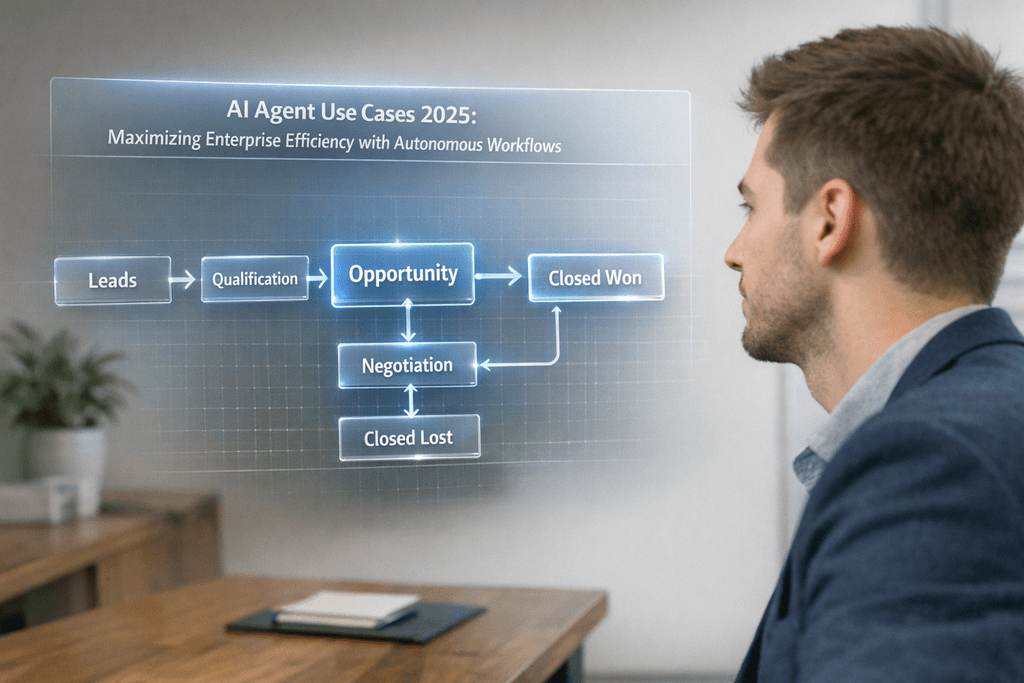
Table of Contents
Understanding CRM and ERP Systems in the Age of AI
Before diving into the benefits, it is essential to understand what CRM and ERP systems entail and their relevance in app development. In today's landscape, these systems are no longer just databases and interfaces. They have evolved into intelligent platforms where AI agents work alongside human teams to automate complex workflows and deliver insights that drive strategic decisions.
Modern app development agencies face unique challenges that require more than traditional software. They need systems that can adapt, learn, and proactively support both client-facing and internal operations. This is where the integration of AI agents and workflow automation transforms conventional CRM and ERP systems into powerful engines for growth and efficiency.
Definition of CRM (Customer Relationship Management)
CRM systems are designed to manage a company's interactions with current and potential clients. They help businesses streamline processes, build stronger relationships, and improve profitability by organizing and automating communication. In the context of app development, CRM systems facilitate better client management, allowing agencies to keep track of client interactions, preferences, and feedback.
With Orbitype's agentic cloud OS approach, CRM capabilities extend far beyond traditional contact management. AI agents continuously monitor client communications, automatically update records, identify patterns in client behavior, and even predict potential issues before they escalate. This intelligent layer transforms reactive client management into proactive relationship building, where agencies can anticipate client needs and deliver personalized experiences at scale.
Definition of ERP (Enterprise Resource Planning)
ERP systems integrate various business processes into a single unified system, allowing for the efficient management of core business activities. These include project management, inventory management, human resources, accounting, and more. For app development agencies, ERP systems offer a comprehensive overview of operations, helping to streamline processes and improve decision-making.
Orbitype's agentic cloud OS takes ERP functionality to the next level by combining PostgreSQL databases with cloud storage and intelligent AI agents. These agents have access to all data and processes, enabling them to automate resource allocation, optimize workflows, and provide real-time insights across departments. The result is an ERP system that not only tracks operations but actively improves them through continuous learning and adaptation.
Importance of CRM and ERP in App Development
In app development, the synergy between CRM and ERP systems is invaluable. CRM focuses on client-facing processes, enhancing customer satisfaction and loyalty. ERP, on the other hand, optimizes internal operations, ensuring resources are used efficiently. Together, they provide a holistic approach to managing both external and internal workflows.
When powered by AI agents and workflow automation, this synergy becomes even more powerful. Orbitype's platform enables agencies to build custom CRM and ERP solutions that communicate seamlessly. AI agents can automatically transfer insights from client interactions in the CRM to resource planning in the ERP, ensuring that project teams always have the information and resources they need. This intelligent integration eliminates data silos and creates a unified operational ecosystem where every component works in harmony.
Enhancing Project Management with AI Agents
Centralized Data and Real-Time Updates
Having all project-related data centralized in one system ensures that team members have access to the latest information. Real-time updates mean that everyone is on the same page, reducing misunderstandings and errors. This centralized approach streamlines communication and coordination, leading to more efficient project execution.
Orbitype's AI agents continuously monitor project data across all connected systems, automatically updating dashboards and notifying relevant team members of critical changes. These intelligent agents can detect potential bottlenecks, resource conflicts, or timeline risks before they impact project delivery, enabling proactive management rather than reactive firefighting.
Task Automation and Workflow Management
Automation of routine tasks is a game-changer in project management. Orbitype's systems can automate scheduling, task assignments, and follow-ups, freeing up valuable time for team members to focus on more critical tasks. Improved workflow management ensures that projects move smoothly from one stage to the next, with minimal delays and bottlenecks.
AI agents within Orbitype can learn from past projects to optimize task sequencing, automatically assign work based on team member skills and availability, and trigger dependent workflows without manual intervention. This creates an AI workforce that handles administrative overhead while human teams focus on creative problem-solving and client engagement.
Resource Allocation and Scheduling
Efficient resource allocation is crucial for the success of any project. Orbitype's ERP system provides tools for scheduling and managing resources effectively. By analyzing project requirements and resource availability, the system helps in optimizing the use of personnel, equipment, and materials, ensuring projects stay on track and within budget.
Through intelligent analysis of historical data and current workloads, AI agents can predict resource needs weeks in advance, automatically balance team capacity, and suggest optimal resource distribution across multiple projects. This level of automation transforms resource management from a time-consuming manual process into a strategic advantage.
Improving Client Relations with Intelligent Automation
Client relations are the backbone of any app development agency. Orbitype's CRM system plays a pivotal role in enhancing how agencies interact with their clients through intelligent AI agents that work continuously in the background.
Personalized Client Interactions
Using CRM data, agencies can personalize their interactions with clients. Knowing client preferences, past interactions, and feedback allows for tailored communication that resonates with each client. Personalized interactions build stronger relationships and foster client loyalty.
Orbitype's AI agents analyze communication patterns, project history, and client feedback to automatically generate personalized recommendations and insights. These agents can suggest optimal communication timing, identify upselling opportunities, and even draft personalized messages that maintain your agency's tone and style. This level of personalization at scale was previously impossible without dedicated account managers for every client.
Transparent Communication and Reporting
Transparency is key to building trust with clients. Orbitype's CRM system facilitates regular updates and detailed reporting, keeping clients informed about project progress. Transparent communication ensures clients feel valued and involved, enhancing their overall satisfaction.
AI agents can automatically generate comprehensive project reports, compile relevant metrics, and distribute updates to stakeholders based on their preferences and roles. This workflow automation ensures consistent communication without burdening project teams with manual reporting tasks.
Efficient Issue Resolution
Client issues and concerns need to be addressed promptly to maintain satisfaction. Orbitype's CRM system tracks client interactions and issues, enabling quick and efficient resolution. By having a clear record of client concerns, agencies can respond proactively, preventing minor issues from escalating into major problems.
AI agents continuously monitor client communications for sentiment and urgency, automatically prioritizing critical issues and routing them to the appropriate team members. These intelligent systems can even suggest solutions based on similar past issues, dramatically reducing resolution time and improving client satisfaction.
Boosting Operational Efficiency Through AI Workforce
Operational efficiency is critical for the profitability and growth of app development agencies. Orbitype's ERP system provides several tools to enhance efficiency through an intelligent AI workforce that operates continuously across all business functions.
Streamlined Business Processes
Orbitype's ERP system integrates various business processes, creating a streamlined workflow. By automating routine tasks and centralizing data, the system eliminates redundancies and reduces the risk of errors. Streamlined processes lead to faster project completion and improved operational efficiency.
AI agents within Orbitype continuously analyze workflows to identify inefficiencies and automatically implement improvements. These intelligent systems can restructure processes, eliminate unnecessary steps, and ensure that information flows seamlessly between departments. To further optimize your development workflow, explore how Orbitype enhances efficiency through AWS S3 cloud storage integration, providing secure and scalable storage solutions that AI agents can access and manage autonomously.
Data-Driven Decision Making
Access to comprehensive data is essential for informed decision-making. Orbitype's ERP system provides detailed analytics and reports, offering insights into project performance, resource utilization, and financial health. Data-driven decisions lead to better outcomes and a more strategic approach to business operations.
AI agents transform raw data into actionable intelligence by identifying trends, predicting outcomes, and highlighting areas that require attention. These systems can automatically generate executive summaries, create predictive models for project success, and provide recommendations based on historical patterns and current market conditions.
Cost Savings and ROI
Efficient resource management and streamlined processes result in significant cost savings. By reducing waste and optimizing operations, Orbitype's ERP system helps agencies achieve a higher return on investment (ROI). The savings can be reinvested into the business, driving further growth and innovation.
The AI workforce continuously monitors expenses, identifies cost-saving opportunities, and optimizes resource allocation to maximize profitability. By automating time-consuming administrative tasks, agencies can reduce overhead costs while improving service quality, creating a competitive advantage in the marketplace.
The Orbitype Advantage: Agentic Cloud OS for Modern Agencies
What sets Orbitype apart from traditional CRM and ERP solutions is its foundation as an agentic cloud OS. This means that instead of rigid, pre-configured software, agencies get a flexible platform where they can build custom solutions tailored to their specific needs.
At its core, Orbitype combines PostgreSQL databases with cloud storage (S3), enhanced by compute resources, workflow automation, and integrations with third-party APIs through serverless functions. This architecture enables agencies to create everything from headless CMS systems to comprehensive CRM and ERP platforms, all within a single unified environment.
The AI agents within Orbitype have complete access to all data and processes, enabling them to provide intelligent automation that spans the entire organization. Unlike traditional systems where automation is limited to predefined rules, Orbitype's AI workforce can learn, adapt, and make intelligent decisions based on context and historical patterns.
This flexibility means agencies are never locked into a specific vendor or limited by predetermined functionality. As business needs evolve, the platform evolves with them, ensuring long-term scalability and adaptability without the need for costly migrations or system replacements.
Conclusion: The Future of Agency Operations
Integrating Orbitype's custom CRM and ERP systems offers app development agencies a comprehensive solution for enhancing project management, improving client relations, and boosting operational efficiency. By centralizing data, automating tasks, and providing valuable insights through AI agents and workflow automation, these systems transform how agencies operate, leading to better outcomes and increased profitability.
The addition of an AI workforce that works continuously alongside human teams represents a fundamental shift in how agencies can scale their operations. These intelligent agents handle routine tasks, provide predictive insights, and optimize processes across the entire organization, freeing human teams to focus on strategic thinking, creative problem-solving, and building meaningful client relationships.
In the competitive world of app development, leveraging the power of advanced CRM and ERP systems enhanced by AI agents is not just an option but a necessity. Orbitype provides the tools needed to streamline operations, foster strong client relationships, and achieve business success through intelligent automation and flexible architecture. Agencies looking to stay ahead should consider integrating these powerful systems into their workflows, building an AI workforce that complements and amplifies human capabilities rather than replacing them.


